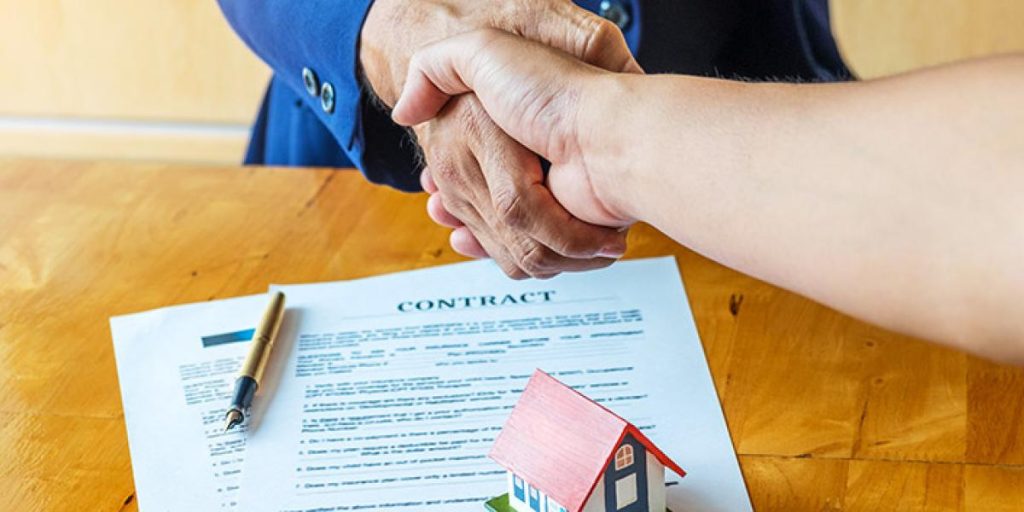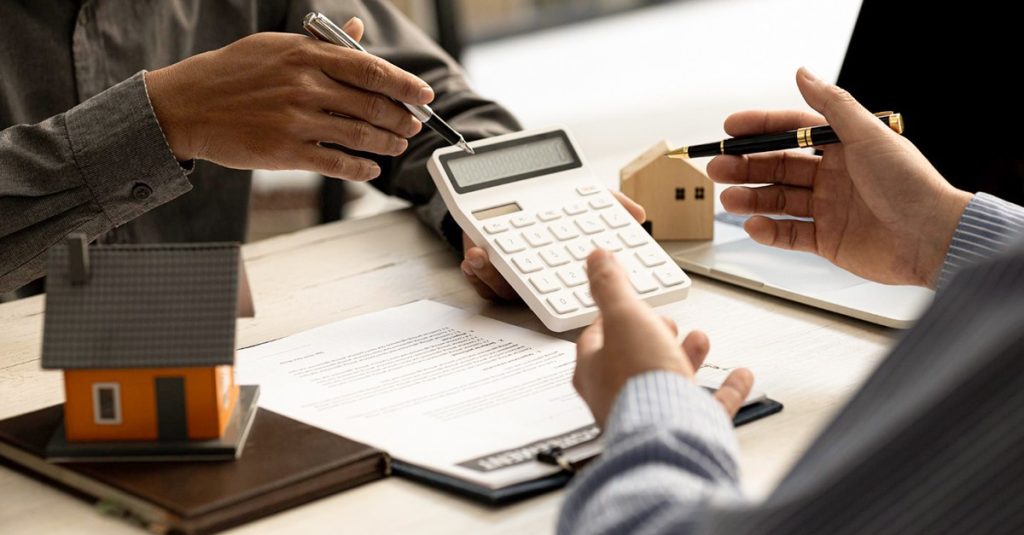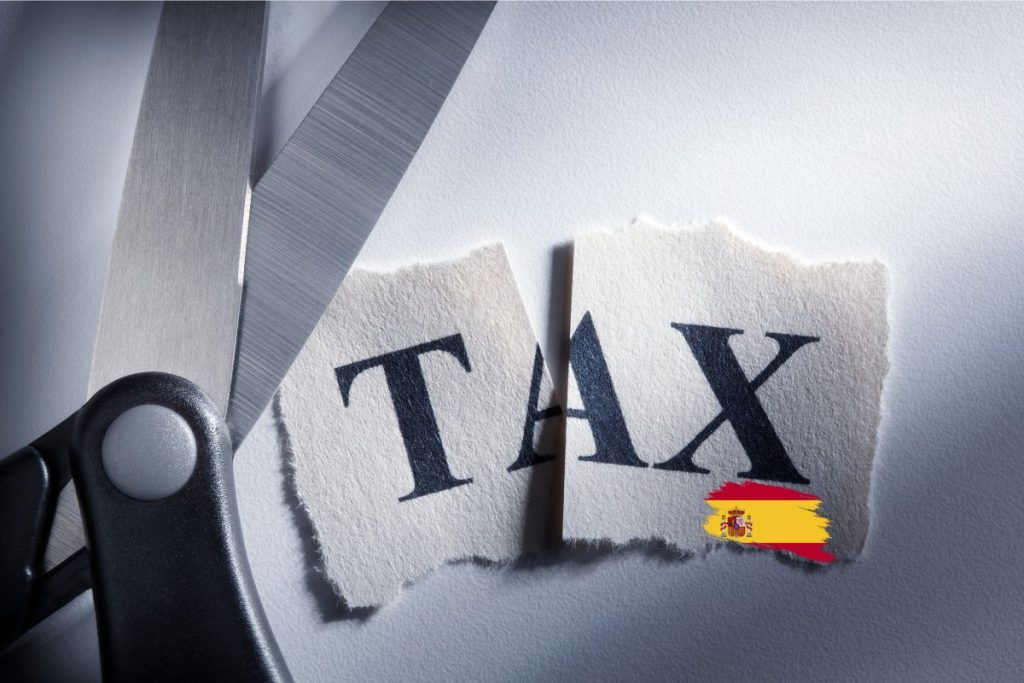How to lower taxes when buying property in Spain: a guide for savvy buyers

How to Lower Taxes When Buying Property in Spain: A Guide for Savvy Buyers
Purchasing property in Spain, especially in a sought-after location like Marbella, is not just about finding the perfect home—it’s also about managing your investment wisely. A critical aspect of this is understanding how to lower taxes and maximize your savings during the buying process. Below, we’ll guide you through strategies and legal insights that can help you reduce your tax burden when buying property in Spain.
1. Understand the Taxes Involved
When buying property in Spain, there are several taxes to account for:
- Transfer Tax (ITP): For resale properties, this ranges between 6% and 10% depending on the region.
- Value Added Tax (VAT/IVA): For new properties, a 10% VAT applies, along with a 1.5% stamp duty.
- Notary and Land Registry Fees: Typically amounting to 1-2% of the property price.
- Municipal Plusvalía Tax: This tax is levied on the increase in land value and paid by the seller, but in some cases, buyers might negotiate it.
Understanding these taxes is the first step toward minimizing them.
2. Opt for Properties Sold by Companies
If you’re purchasing a property through a company rather than an individual, you may be able to reduce taxes significantly. Here’s how:
- Lower VAT for Commercial Entities: If the property is purchased for commercial purposes (e.g., a rental business), you may be eligible for VAT exemptions or refunds.
- Corporate Ownership Benefits: Some buyers choose to set up a Spanish company (S.L.) to own the property, which can reduce taxes during the purchase and even when selling later.
3. Take Advantage of Reduced Transfer Tax Rates
Some regions in Spain, including Andalusia, have introduced lower transfer tax rates to stimulate the real estate market. For example, Andalusia has reduced the transfer tax to a flat rate of 7% for resale properties. Stay informed about regional tax incentives and changes.
 4. Purchase Through a Mortgage
4. Purchase Through a Mortgage
Using a mortgage to finance the property can provide several tax advantages:
- Tax Deductibility for Non-Residents: In some cases, the interest on your mortgage can be tax-deductible, especially if the property is for rental purposes.
- Lower Immediate Tax Impact: Financing reduces the upfront cash outlay, allowing you to allocate funds toward other investment opportunities or tax optimization strategies.
5. Buy in the Name of a Family Member
If you’re purchasing property with the intent to pass it on to your family, buying in the name of a family member can help reduce inheritance and gift taxes later. Be sure to consult with a tax advisor to ensure this aligns with your long-term plans.
6. Focus on Energy-Efficient Properties
Spain offers tax incentives for properties that meet high energy efficiency standards. Purchasing a property with energy-efficient certifications can reduce your tax burden through subsidies or deductions.
- Energy Efficiency Subsidies: Some regions provide tax rebates for properties that include solar panels, energy-efficient windows, or eco-friendly building materials.

7. Negotiate the Plusvalía Tax
While the Plusvalía Tax is typically paid by the seller, in some cases, buyers can negotiate for the seller to cover other closing costs instead. Knowing this option exists can save you thousands.
8. Plan Your Purchase Before Year-End
If you’re purchasing property as an investment, completing the transaction before the end of the fiscal year can help you leverage deductions or exemptions tied to annual tax deadlines. This is especially relevant for non-residents who may benefit from timing their investments strategically.
9. Use a Tax Advisor or Legal Expert
Hiring a real estate tax advisor or legal expert can save you money in the long run. They can help:
- Identify applicable tax incentives.
- Structure the purchase in a tax-efficient way (e.g., through trusts, companies, or other entities).
- Ensure compliance with Spanish tax regulations while minimizing liabilities.
10. Register as a Resident
If you plan to live in Spain for more than 183 days a year, registering as a resident can reduce your taxes. Residents benefit from lower rates on certain taxes and may qualify for additional deductions.
Final Thoughts
Lowering taxes when buying property in Spain requires careful planning, knowledge of regional regulations, and strategic decision-making. By leveraging these tips and consulting with professionals, you can make your property purchase both financially and legally advantageous.
At Key Real Estate, we don’t just help you find your dream home—we guide you through every step of the process, ensuring your investment is optimized. Have questions about taxes or property purchases in Marbella? Contact us today, and let our team of experts help you navigate the process seamlessly.

